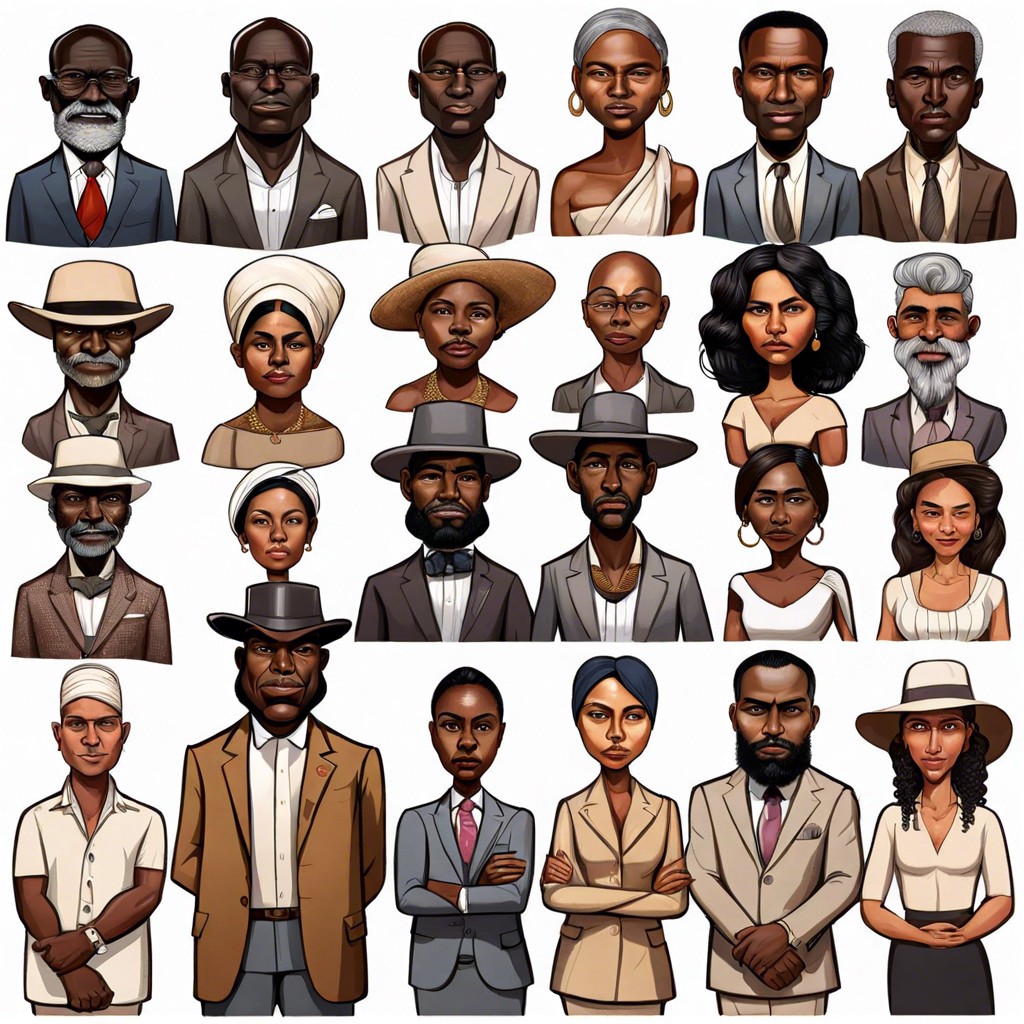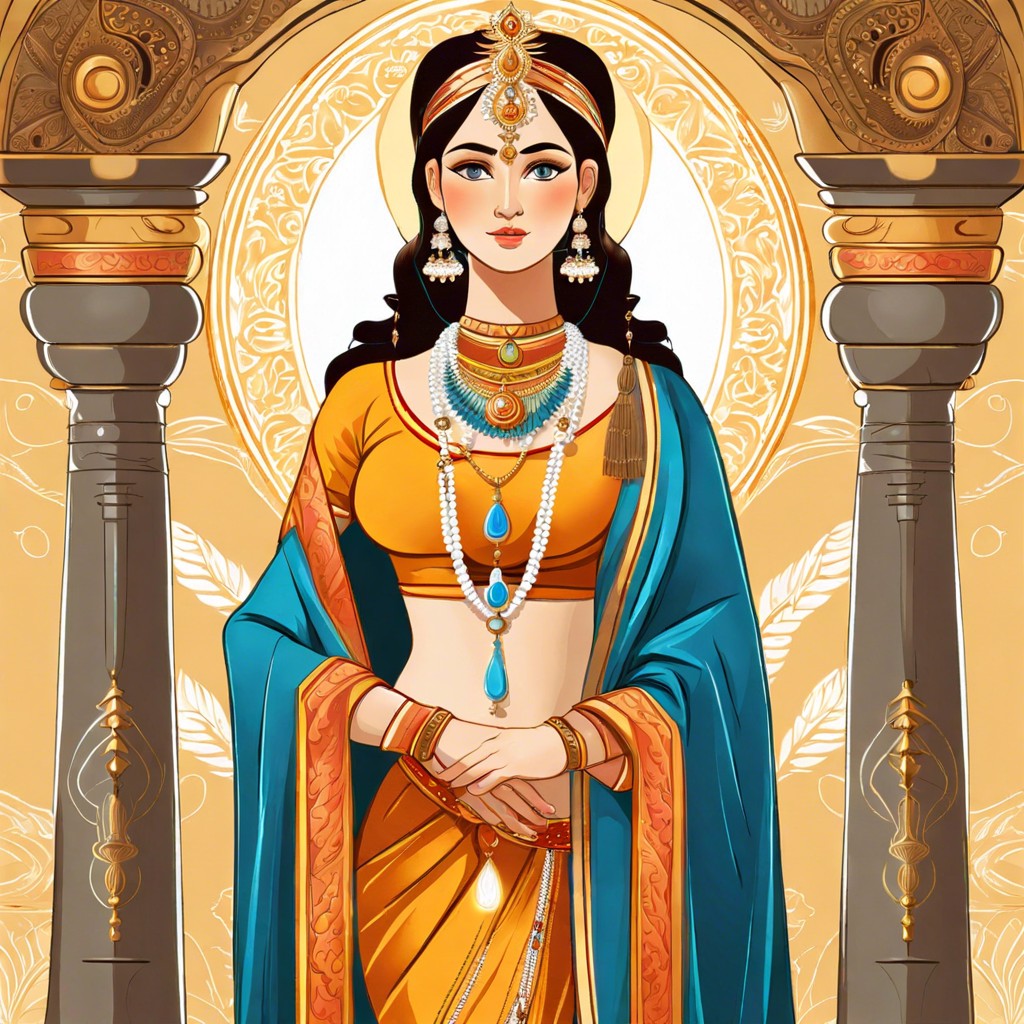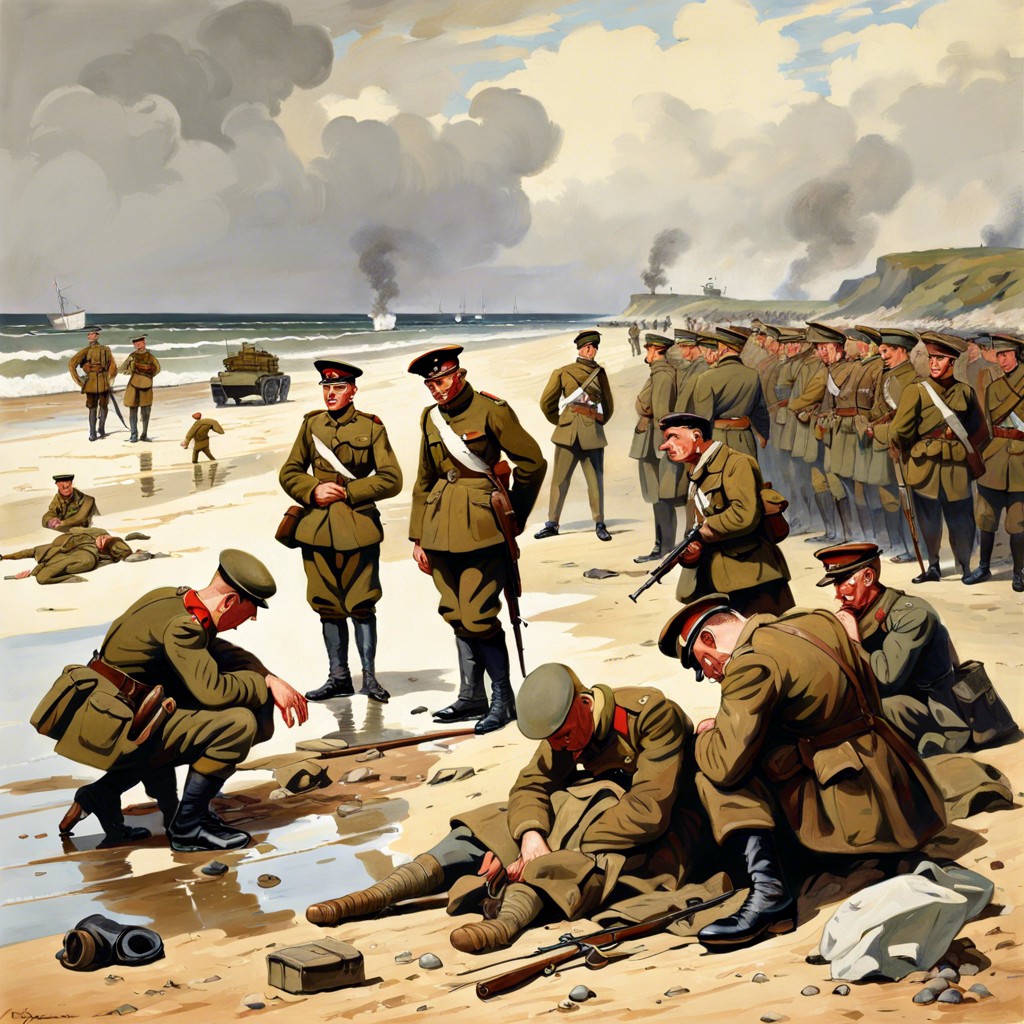In this article, you’ll learn what the world might look like today if slavery had never been abolished.
Imagine a world where the shackles were never broken, and slavery persisted into the present. How would society function? Would we have hoverboards or would we still be struggling to master the wheel? This article dives deep into the dark labyrinth of alternate history to explore the chilling socioeconomic ramifications, cultural and educational impacts, the twisty turns of political and legal structures, and the unsettling changes in both domestic and international relations. Could human innovation bloom or wither under such oppression? Buckle up—and maybe grab some popcorn—because we’re about to embark on a thought-provoking journey.
Key takeaways:
- Socioeconomic Ramifications: Economy trapped in feudalism, innovation stifled, global trade embargoes likely.
- Cultural and Educational Impacts: Education promotes obedience, culture fixated on hierarchy, lack of diversity.
- Political and Legal Structures: Endless debates on slavery, biased justice system, diplomatic disasters.
- Domestic and International Relations: Slavery leads to isolation, division within nations, trust among countries shattered.
- Technological and Industrial Progress: Stagnant technology, lack of innovation, human potential wasted.
Socioeconomic Ramifications

Picture an economy built on a foundation that’s not just shaky but utterly quicksand-like. Without the abolition of slavery, the economic landscape would look nothing short of a dystopian novelty. Forget the lure of a free market; we’re talking feudalism with extra steps.
First off, wages would be a mythical concept. A labor market that runs on coercion and fear rather than paychecks? Yeah, that’s not exactly the American Dream. The wealth gap would be wider than the Grand Canyon, with a handful of people riding high while the majority, enslaved, would have zilch.
Innovation? Forget about it. You can’t exactly inspire ingenuity in people when basic human freedoms are denied. Slave economies stifle creativity. Nobody’s inventing the next big thing between whipping sessions.
Supply chains, too, would be a mess. Products made by forced labor wouldn’t stand a chance in international markets that increasingly value ethical production. Global trade partners would likely slap embargoes faster than you can say “unethical practices.”
Economic instability would be the norm. Relying on oppression to prop up industries is like building a house of cards in a windstorm: unsustainable and bound to collapse sooner or later.
Cultural and Educational Impacts
Imagine school history books with somewhat less “War of 1812” and a lot more “How to Maintain Your Plantation.” Education would cater to perpetuating the status quo, preparing a select few for leadership and the rest for subservience. Think jobs guidance, but with more chains. Cultural expression would stick in a time warp, the arts possibly limited to what glorifies this bizarre static hierarchy. No jazz, no hip-hop, no culinary fusion—just endless fawning portraits of plantation owners and their fine china.
The vibrancy of diverse cultures mixing? Not gonna happen. Literature would hardly brim with haunting tales of freedom and courage against the odds. Expect a shelf full of dull treatises on “proper” societal roles. Educational institutions would scarcely promote critical thinking—imagine monotonous recitals on loyalty and obedience instead.
In essence, culture and education would not forge innovative thinkers but obedient followers. Envision a world where Shakespeare is edited for obedience, math teaching triangles that don’t ruffle feathers, and history skipping over those oddly rebellious “freedom-loving” types. Now that’s a drama-free syllabus.
Political and Legal Structures
Think of a world where political debates constantly circle back to justifying or opposing an archaic system of bondage. Politicians wouldn’t just be discussing healthcare and budgets but also how human rights fit—or don’t fit—into laws deeply intertwined with the practice of slavery.
Laws would be a bureaucratic nightmare, a swamp of contradictions needing endless revisions to patch up loopholes that favor the elite. Imagine trying to draft labor laws where half the population doesn’t even get considered “labor.”
Extending voting rights? Ha! Civic participation would be a circus, with vast portions of the population stripped of basic civic engagement while the rest cast their votes on policies maintaining a divided society.
International relations? A diplomatic disaster. Countries that abolished slavery ages ago would regard slave-holding nations as pariahs. Trade deals, peace accords, and even cultural exchanges would be fraught with immense tension. Global cooperation on issues like climate change? Good luck finding common ground when you can’t even agree on fundamental human rights.
Would courtrooms be fair? Unlikely, with judges possibly influenced by a system that benefits them directly or indirectly. Bias would be baked into the very gavel they wield, making justice a mere illusion for enslaved individuals.
Domestic and International Relations
Imagine trying to host a dinner party with neighbors who can’t agree on the menu – chaos, right? Now, picture a world where countries try to interact, but some still practice slavery. Diplomatic relations? More like diplomatic disaster. Nations that abolished slavery would view those that didn’t as morally backward. Trade deals? More like trade boycotts.
Slavery perpetuating nations would isolate themselves, drawing condemnation and sanctions. Travel bans and restricted access to international organizations would make preserving slavery an economic nightmare. Countries embracing freedom would form closer alliances, creating a chasm with those stuck in the dark ages. This isn’t just about politics; it’s personal. The level of trust and cooperation among nations would plummet faster than your New Year’s resolutions.
On the home front, even within pro-slavery nations, internal unity would crumble. Civil tensions would skyrocket, turning cities into battlegrounds of human rights debates. The idea of any kind of “united” nation would be laughable. So, global harmony? Not happening. Friction would become the world’s most abundant resource.
Technological and Industrial Progress
Technological advancements would look completely different. Imagine still relying on steam engines, while the rest of the world zips along in electric cars. The economic incentive to innovate would diminish if manual labor remains dirt cheap. A T-Rex texting would be less absurd than a world stuck in the 1800s.
The moral drive to create more humane working conditions spurred many inventions. Think of machinery reducing workplace accidents. In our alternate reality, human life’s value drops while technology stagnates.
Plus, if certain populations are systematically denied education, you’d miss out on bright minds. No Elon Musk to troll us with space cars. No geniuses ushering in quantum computing. Humanity’s collective IQ just flatlines, making your toaster feel like the pinnacle of tech wizardry.




